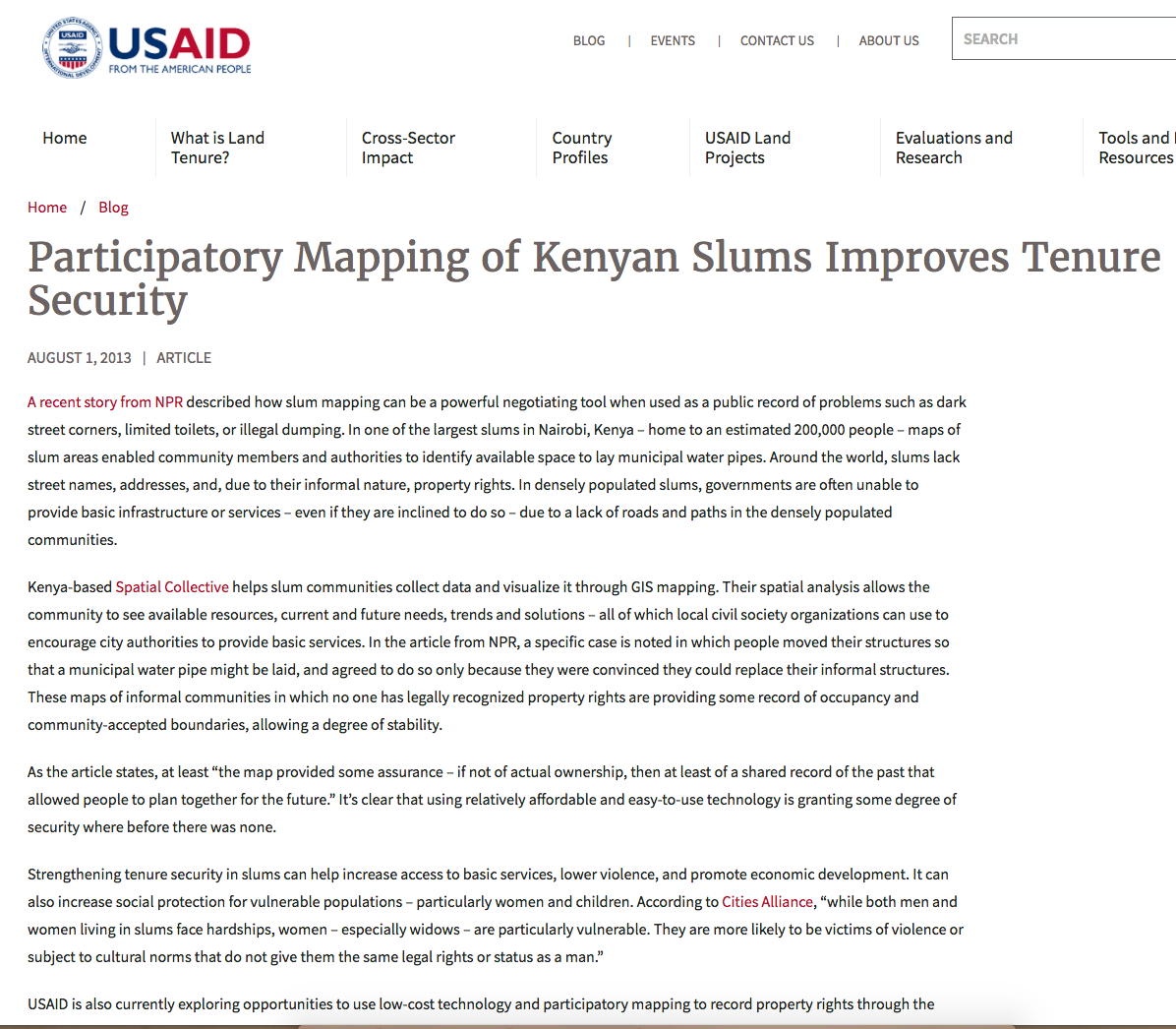Transport Policies for the Euro-Mediterranean Free-Trade Area : An Agenda for Multimodal Transport Reform in the Southern Mediterranean
This study argues that the 15 European
Union (EU) countries and their 12 Mediterranean Partners
should complement their Euro-Mediterranean free-trade area
for industrial goods with a common transport space. This
would require the removal of policy-induced frictions in the
region's multi-modal transport system in order to
facilitate the flow of foods, people, and investments within
this emerging trade block. The purpose of this report is to



